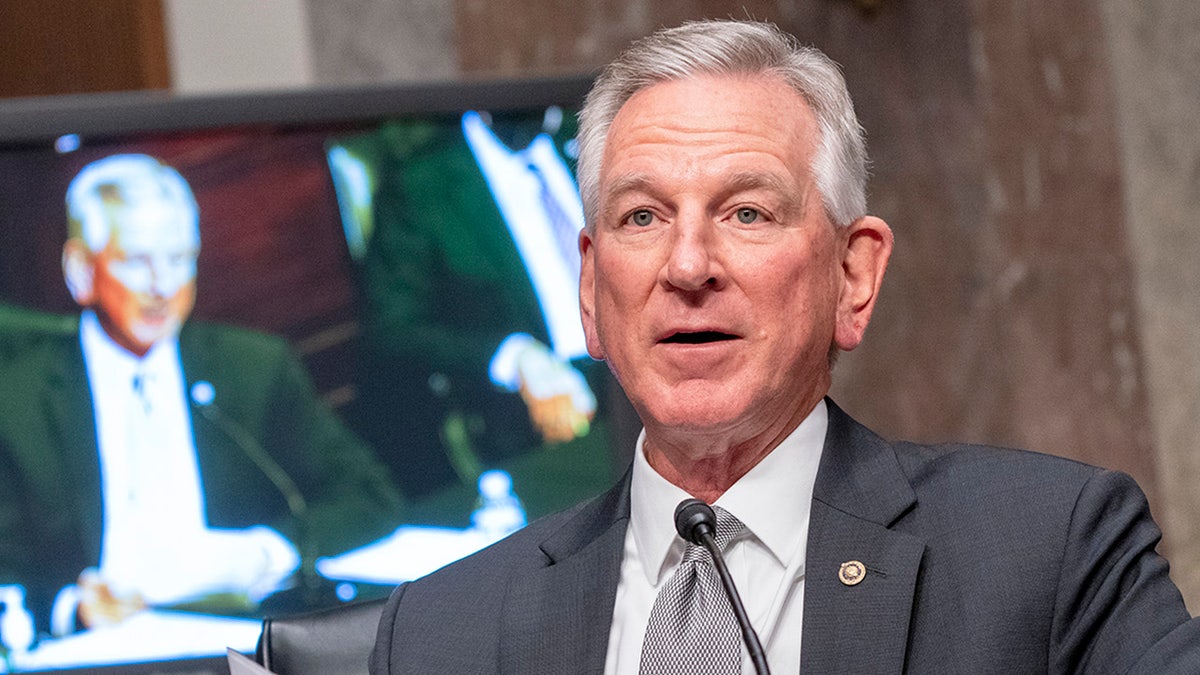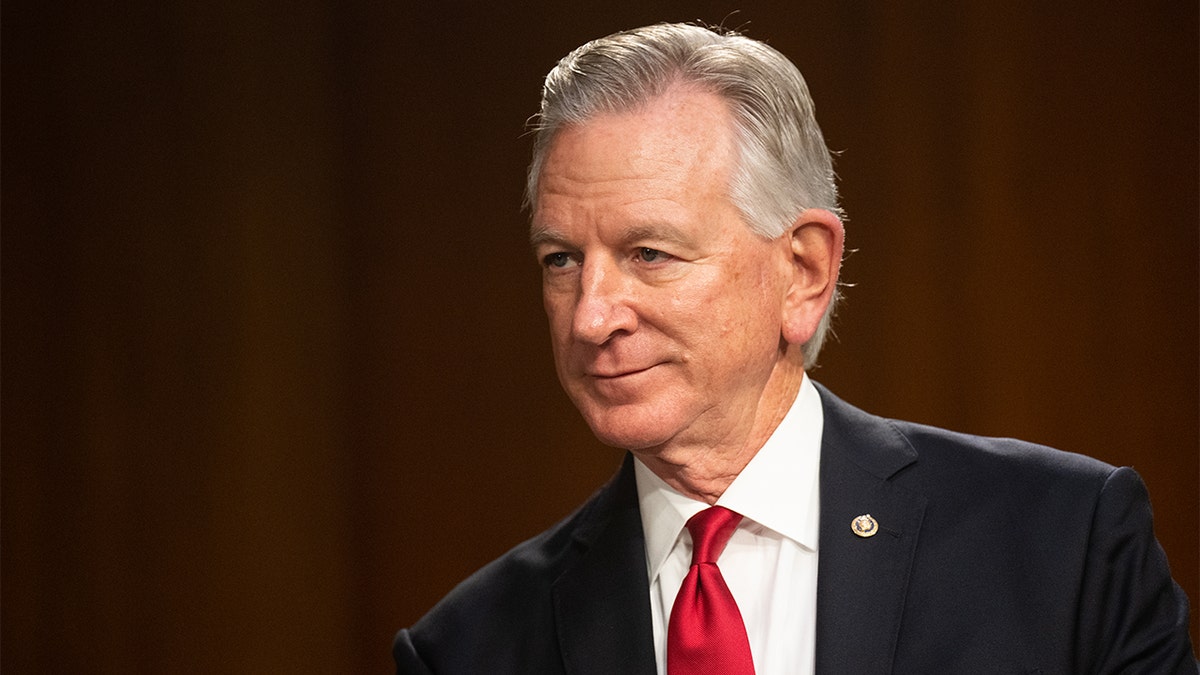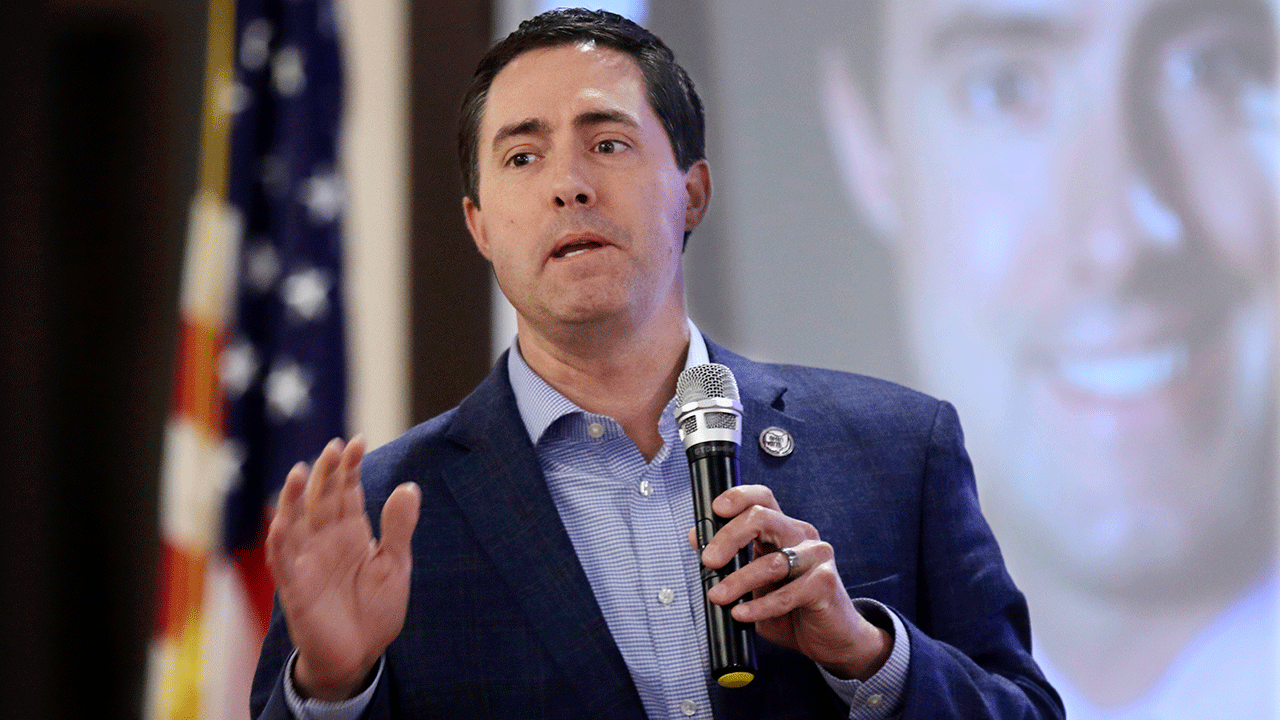A single senator wields significant power in the Senate, capable of halting any legislative action. Conversely, a determined supermajority can overcome such a blockade, though it requires time and the invocation of cloture to break a filibuster. This parliamentary maneuver is currently playing out dramatically as Senator Tommy Tuberville (R-AL) single-handedly blocks hundreds of military promotions, including those of top-ranking flag officers, in protest of the Pentagon's abortion policy.

The heart of Tuberville's protest lies in the Pentagon's policy, enacted after the Dobbs Supreme Court ruling, which grants pregnant service members time off and coverage for abortion-related travel across state lines. This policy aims to address the complexities arising from varying state abortion laws and the unpredictable nature of military assignments. Tuberville's blockade has already had significant repercussions, leaving the Marine Corps without a confirmed Commandant, and potentially impacting the confirmation of the next Chairman of the Joint Chiefs of Staff.

While there's no formal Senate rule governing "holds," it's a long-standing custom where a senator withholds consent for swift action. Tuberville's hold targets the typically non-controversial en bloc promotion process for military personnel who have already undergone extensive vetting. Instead, he's forcing the Senate to consider each promotion individually, a process that could consume vast amounts of floor time. Each nomination could take four to five days to process, potentially taking up to 27 days of continuous work or 84 days of dedicated daily sessions.

Senator Jack Reed (D-RI), Chairman of the Armed Services Committee, criticized Tuberville’s tactics, highlighting the significant time commitment required for individual votes. He argued that Tuberville's demand for cloture on every nomination makes the process impractical and unsustainable.

Typically, the Senate utilizes unanimous consent to expedite non-controversial promotions, bypassing the filibuster process. However, a single objection can derail this streamlined approach. Tuberville’s actions are particularly impactful because they target a large group of promotions simultaneously. His strategy mirrors that of Senator J.D. Vance (R-OH), who recently placed holds on all of President Biden's Justice Department nominees in response to the prosecution of former President Trump.

Tuberville's maneuver effectively leverages Senate procedure to amplify his protest. By exploiting the time-consuming nature of individual promotion confirmations, he pressures the Senate to address his concerns regarding the military's abortion policy. Unless the Senate is willing to dedicate significant floor time to these routine confirmations, Tuberville’s protest is likely to continue, impacting military leadership and potentially national security.








